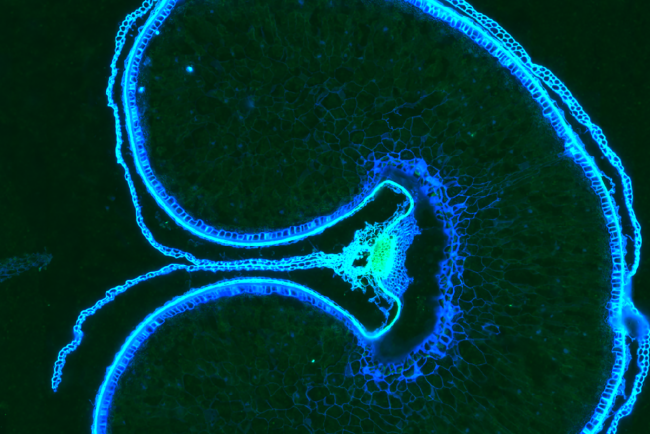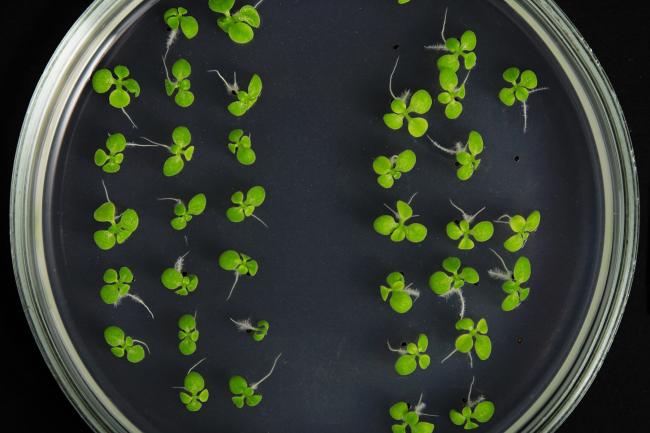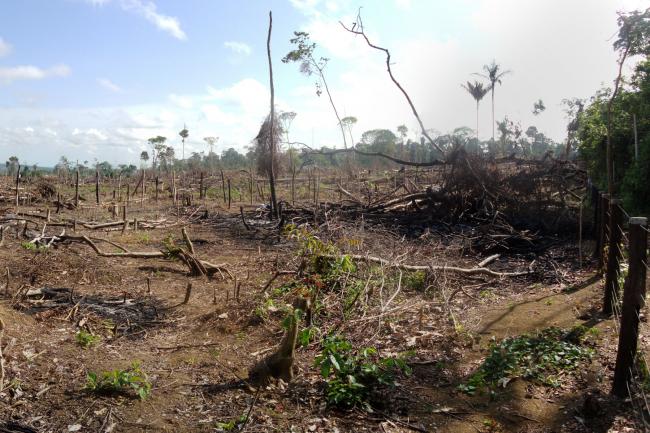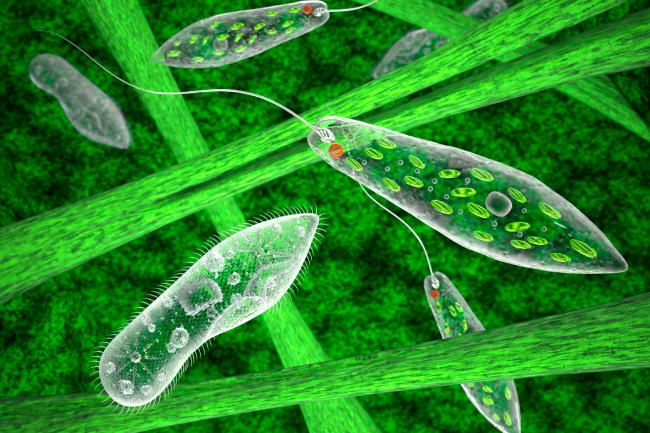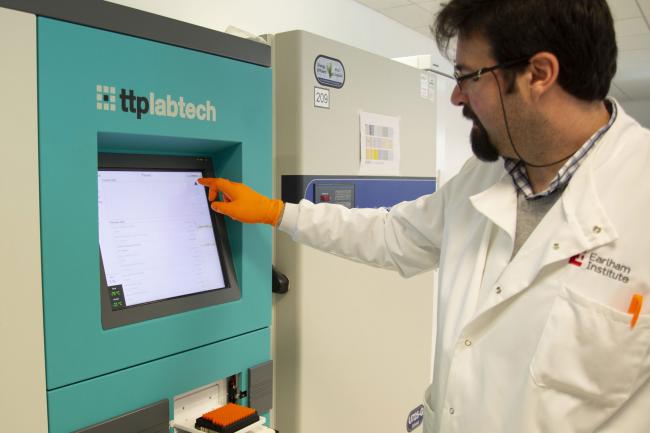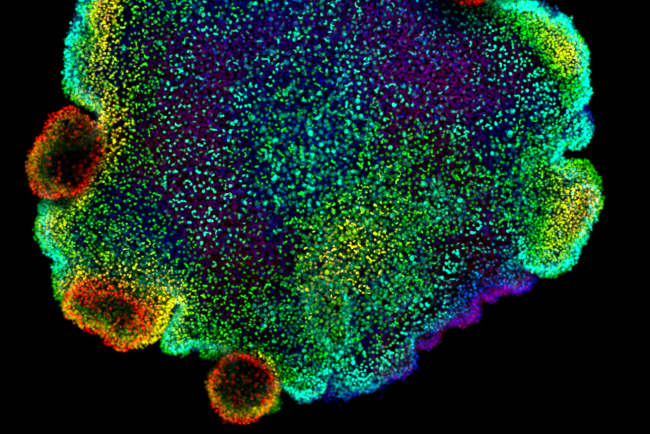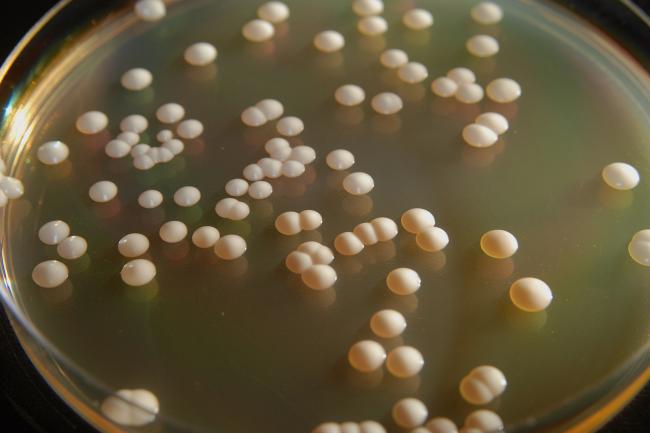
Announced today by the European Research Council (ERC), Dr Ksenia Krasileva, Group Leader at the Earlham Institute (EI) and The Sainsbury Laboratory (TSL) has been awarded a €1.5M Starting Grant (over five years) to investigate the immune system of our most important crops. Her research into plants' immune system could create new genetic solutions for protecting plant health and future sustainable crop production.
Fungal diseases and highly virulent plant pathogens endanger global production of food crops, considerably reducing yields. They can be fought with fungicides and pesticides, yet these substances are not always safe for humans and the environment.
Plants, however, have their own ability to detect and disarm rapidly evolving pathogens, including viruses, bacteria, insects and fungi. Their powerful defence mechanisms rely on a particularly rich arsenal of plant immune receptors.
Among these receptors, NLR-IDs are proteins which have proliferated for at least 500 million years and serve as ‘baits’ for pathogen molecules. Dr Krasileva and her group will investigate how these receptors diversify in maize, rice and wheat. Using this genetic information to help generate new methods to protect plants from pests and disease.
Dr Krasileva, said: “We propose to combine powerful next generation sequencing and bioinformatics methods, as well as molecular biology techniques, in order to unravel how the grasses can keep-up with ever-persistent diseases, and eventually generate new ways that our most vital crops can withstand them.
“Through firstly identifying how plant disease receptors have diversified within the genomes of the grasses, to then unravelling the mechanisms by which they work, we can then use this knowledge and apply engineering to plant breeding - in order to keep our fields healthy and stave-off the tide of disease-causing pests that ravage our crop yields and threaten global food security.”
Plants are not so dissimilar from humans, where they are similarly affected by a range of diseases, parasites and pests. Though they lack white blood cells, plants do have an immune system - which lies coded within DNA, the blueprint of life.
Within this blueprint lies information that allows plants to generate receptors that can recognise the patterns produced by pests and disease-causing organisms.
Dr Krasileva has already studied the repertoire of disease receptors across 40 types of flowering plant, including novel ways in which they can respond to pests and pathogens that evolve quickly to overcome plant defences in a perpetual evolutionary arms-race.
One such example is that plants have combined disease receptors with proteins that naturally interact with the molecules secreted by pests, increasing the ability of plants to combat infections.
Considering that the grasses, including wheat, rice and maize, are the most abundant crop species globally, it is incredibly important to study how these mechanisms work in such plants.
Dr Diane Saunders, Fellow of EI and JIC, will also receive funding from the ERC over the next five years to investigate the molecular mechanisms driving host adaptation of yellow rust on cereal crops and grasses.
The European Research Council (ERC) has announced its Starting Grants to 325 early-career researchers throughout Europe. The funding, worth in total €485 million and up to €1.5 million per grant, will enable them to set up their own research teams and pursue ground-breaking ideas.
EI are strategically funded by BBSRC and operates a National Capability to promote the application of genomics and bioinformatics to advance bioscience research and innovation.
